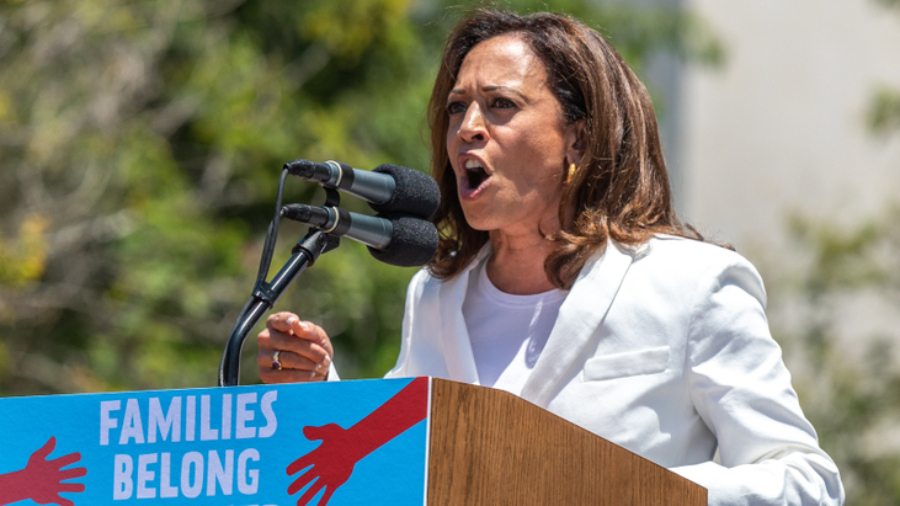On August 11, 2020, in the midst of a pandemic and primary elections taking place in multiple states, Democratic Presidential Nominee Joe Biden selected California Senator Kamala Harris as his Vice President (VP) pick. This is a historic moment for women and Black women specifically, and no doubt a game-changer for the Biden campaign. She would be the first African-American woman, the first Asian-American woman, the first Howard University Alumni, and the first HBCU graduate to become the Vice President of the United States of America. Her background as a District Attorney and Prosecutor were very challenging for her as they are for many prosecutors. She made decisions at the time that many strongly disagree with; but like all of us, we try our best to make the best decisions at the time. While we have to admit that sometimes we miss the mark, we must get up and keep moving. And I believe the people want Harris to keep moving.
Harris’s record is impressive. She was the first African-American District Attorney in San Francisco. She is only the 2nd African-American woman to serve in the US Senate and she is currently the only African-American woman currently serving in the US Senate. There have only been 11 African-American Senators elected since 1827 in both Republican and Democratic Parties, but only 10 were seated when Louisiana Republican Senator-Elect Pinckney B.S. Pinchback African-American Senator was elected but denied the seat. President Obama was only the 5th African-American to serve in the US Senate. Corey Booker became the 9th African-American US Senator to serve and Kamala Harris became the 10th, and the only Black women currently serving.
Kamala Harris seems to be one of the women that President Trump is actually afraid of. He has minimized his attack on Harris thus far although we are expecting that to change rather quickly. There is no doubt that Biden could have chosen many great candidates out of this all-women selection pool. But Kamala Harris is definitely the toughest and the best woman for the job.

